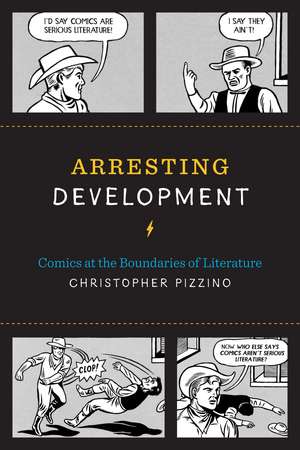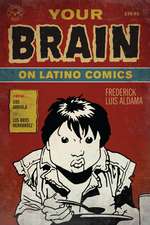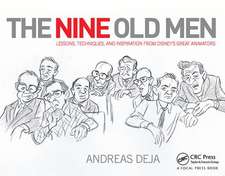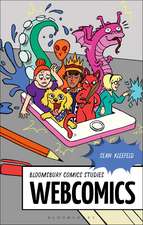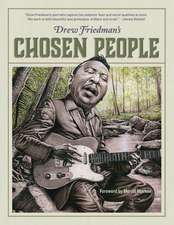Arresting Development: Comics at the Boundaries of Literature: World Comics and Graphic Nonfiction Series
Autor Christopher Pizzinoen Limba Engleză Paperback – 6 sep 2016
Many graphic novelists are intensely aware of both the medium’s troubled past and their own tenuous status in contemporary culture. Arresting Development presents case studies of four key works—Frank Miller’s Batman: The Dark Knight Returns, Alison Bechdel’s Fun Home, Charles Burns’s Black Hole, and Gilbert Hernandez’s Love and Rockets—exploring how their authors engage the problem of comics’ cultural standing. Pizzino illuminates the separation of high and low culture, art and pulp, and sophisticated appreciation and vulgar consumption as continual influences that determine the limits of literature, the status of readers, and the value of the very act of reading.
| Toate formatele și edițiile | Preț | Express |
|---|---|---|
| Paperback (1) | 237.37 lei 6-8 săpt. | |
| University of Texas Press – 6 sep 2016 | 237.37 lei 6-8 săpt. | |
| Hardback (1) | 530.22 lei 6-8 săpt. | |
| University of Texas Press – 6 sep 2016 | 530.22 lei 6-8 săpt. |
Preț: 237.37 lei
Nou
Puncte Express: 356
Preț estimativ în valută:
45.42€ • 47.55$ • 37.58£
45.42€ • 47.55$ • 37.58£
Carte tipărită la comandă
Livrare economică 07-21 aprilie
Preluare comenzi: 021 569.72.76
Specificații
ISBN-13: 9781477310687
ISBN-10: 1477310681
Pagini: 248
Dimensiuni: 152 x 229 x 15 mm
Greutate: 0.39 kg
Editura: University of Texas Press
Colecția University of Texas Press
Seria World Comics and Graphic Nonfiction Series
ISBN-10: 1477310681
Pagini: 248
Dimensiuni: 152 x 229 x 15 mm
Greutate: 0.39 kg
Editura: University of Texas Press
Colecția University of Texas Press
Seria World Comics and Graphic Nonfiction Series
Notă biografică
Christopher Pizzino is an assistant professor of contemporary US literature at the University of Georgia.
Cuprins
- Acknowledgments
- Introduction: From the Basement
- 1. Coming of Age: The Problem of the Bildungsroman
- 2. Autoclastic Icons: Picturing Illegitimacy
- 3. Pop Art Comics: Frank Miller
- 4. The Scandal of Pleasure: Alison Bechdel
- 5. Rolling in the Gutter: Charles Burns
- 6. Blood and Fire: Gilbert Hernandez
- Conclusion: On Becoming a Comics Scholar
- Notes
- Works Cited
- Index
Recenzii
Arresting Development is an excellent point of connection between previous and current scholarship of the contemporary comics era—a project that encourages scholars to embrace the complexity of what it means to read and study comics.
Pizzino's book is an excellent work for understanding the medium of comics in a transatlantic Anglophone world.
Important…[Pizzino's] case studies will undoubtedly shape future critical discussions of the individual works that are their focus.
I recommend Arresting Development without reservation as the close readings of the comics in this book offer new insights that would not have been gained without the concept of autoclasm, a way of seeing comics as comics.
[Pizzino's] argument uncovers an important and often misunderstood history of comics' battle for cultural acceptance…Pizzino produces some enlightening readings of the formal ways cartoonists respond to the problem of legitimacy.
Arresting Development is a fascinating book...Pizzino offers interesting and thoughtful reflections on a number of important comic creators and works, and presents a refreshing new way to look at the question of 'status' in comics and the place of comics in relation to literature and fine art.
Descriere
Contrary to the idea that comics have naturally matured into respectability, Arresting Development offers a new understanding of comics’ history that connects the genre’s difficult past to its unstable present and uncertain future.
